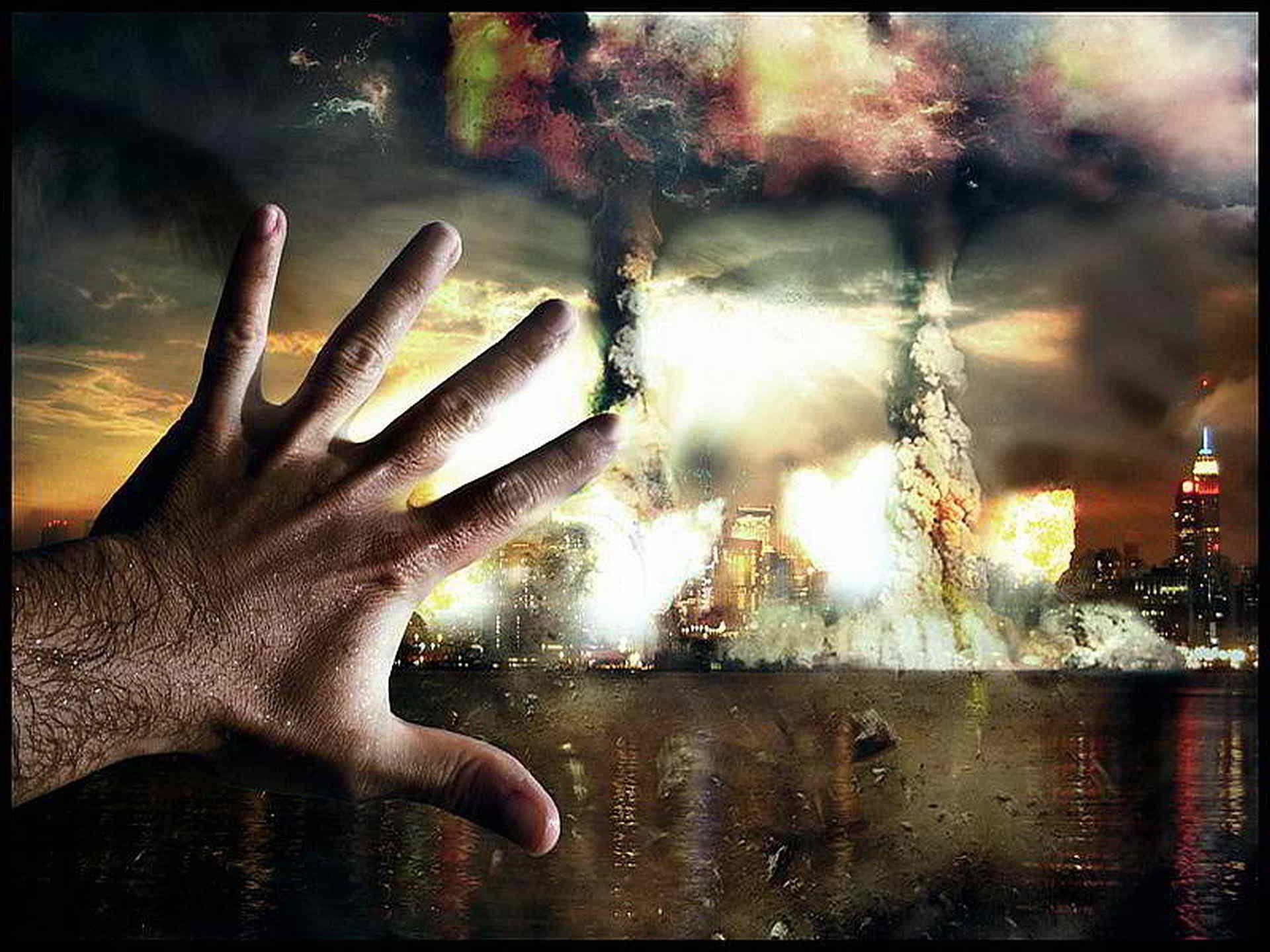Azerbaijan's military theory and practice A model for just warfare
The situation with today’s wars remains unchanged. It’s the same as ever! The mass deaths of innocent people continue, and the severe destruction of residential buildings has become a prominent feature of modern conflicts. Power shortages in certain regions, even in nearly 40-degree heat, have become almost a routine part of life. The nature of the wars themselves has taken on an entirely new form.
Warfare occurs without a formal declaration of war. It’s unclear whether these conflicts are defensive or offensive. Most importantly, these wars lack a clear objective (unlike the second Karabakh war of the Azerbaijani people). This is a widespread issue. Terms like “defence” and “ensuring security” are often used, but the core of the situation is the lack of a coherent explanation for the reasons behind the shelling, missile attacks, military airstrikes, and the destruction of civilian settlements.
Moreover, prematurely announcing the timing and format of so-called “retaliatory actions” seems like a public relations stunt. But the key question is, who is the target audience? Is it the international community, or is it aimed at the domestic audience? Bombings and wars wrapped in a terrorist guise (if not outright terrorism disguised as military actions) serve their purpose. Is this approach historically just? As one philosopher noted, if a goal presented as a fair one is achieved through improper means, it is not truly fair.
Azerbaijan’s experience has clearly demonstrated that success can only be achieved through fundamentally just military actions aimed at attaining historical truth, while strictly adhering to all norms of international law. Only under such conditions, military efforts, economic components, diplomacy, ideology, and diaspora activities are uniting to form a cohesive force, which can assume an “iron” form when needed. Crucially, this iron fist is effective only when it includes all segments of the population, regardless of national or religious background, social class, or place of residence.
However, what we are witnessing in real-time across all geographic locations conveys a fundamentally different message. How do we address the real deaths of both military personnel and civilians in these areas? Indeed, terrorist acts and bombings are real and will be continued. But we are discussing new forms of warfare, specifically, warfare without rules. This goes beyond "hybrid" wars, which have a different character, and even beyond local conflicts. Here, we are talking about an ideological struggle framed externally by a military backdrop.
It's worth recalling certain ideas from the famous ancient Chinese military and political treatise from the 6th to early 5th century BC, "The Art of War" by Sun Tzu. Among its central themes is the importance of flexibility and the ability to outwit the opponent, instilling fear and, most importantly, doubt in their mind and heart about their true strength and willingness to sacrifice. According to Sun Tzu, the pinnacle of military strategy is not achieving victory in a hundred battles but rather defeating the enemy without engaging in battle. In this context, an ideal victory is achieved through "subduing other states by diplomatic means, without resorting to direct military actions."

Reading this, one might wonder if current politicians are indeed adopting the principles from "The Art of War" to achieve advantageous outcomes on the domestic front by initiating dramatic external actions. This brings to mind the contrasting experience of Azerbaijan during the second Karabakh war. In that context, the military, diplomatic, and political-economic aspects of the conflict were clearly interwoven and publicly communicated. Azerbaijani President and Supreme Commander-in-Chief Ilham Aliyev consistently provided transparent information about the objectives and tasks of military operations, including advance announcements of the steps to be taken following their conclusion. This approach aimed to ensure that both domestic and international audiences were fully informed about the goals and progress of the actions.
What we see today is fundamentally different, as under the guise of military rhetoric and certain military actions, some countries are shaping their domestic policies. Looking at the current situation in various regions of the world from this perspective, it becomes evident that an ideological component is central to all actions in this direction. Special attention is given to social media and materials published on controlled information resources. People everywhere are provided with the same information, albeit presented in varying ways. But, as they say, changing the order of the elements doesn’t change the sum.
The surface masks the content. It is no coincidence that there is a clear division in the US today among leading media outlets regarding which presidential candidates they support. Similarly, social media follows the same principle. Consequently, accusations of spreading fake information are being voiced from various sides. This leaves the public facing a dilemma—whose viewpoint to support? Thus, doubts are real and tangible. This calls for an intensified ideological approach to manage people.
Regarding wars, as the renowned military theorist and historian Carl von Clausewitz wrote in the 18th-19th centuries, “just as some plants bear fruit only if they do not stretch their stems too high, the leaves and flowers should not be pushed too high but kept closer to their native soil—real experience.”
Azerbaijan’s experience in this field should serve as a lesson for many people.
By Teymur Atayev
The views and opinions expressed by guest columnists in their op-eds may differ from and do not necessarily reflect the views of the editorial staff.








